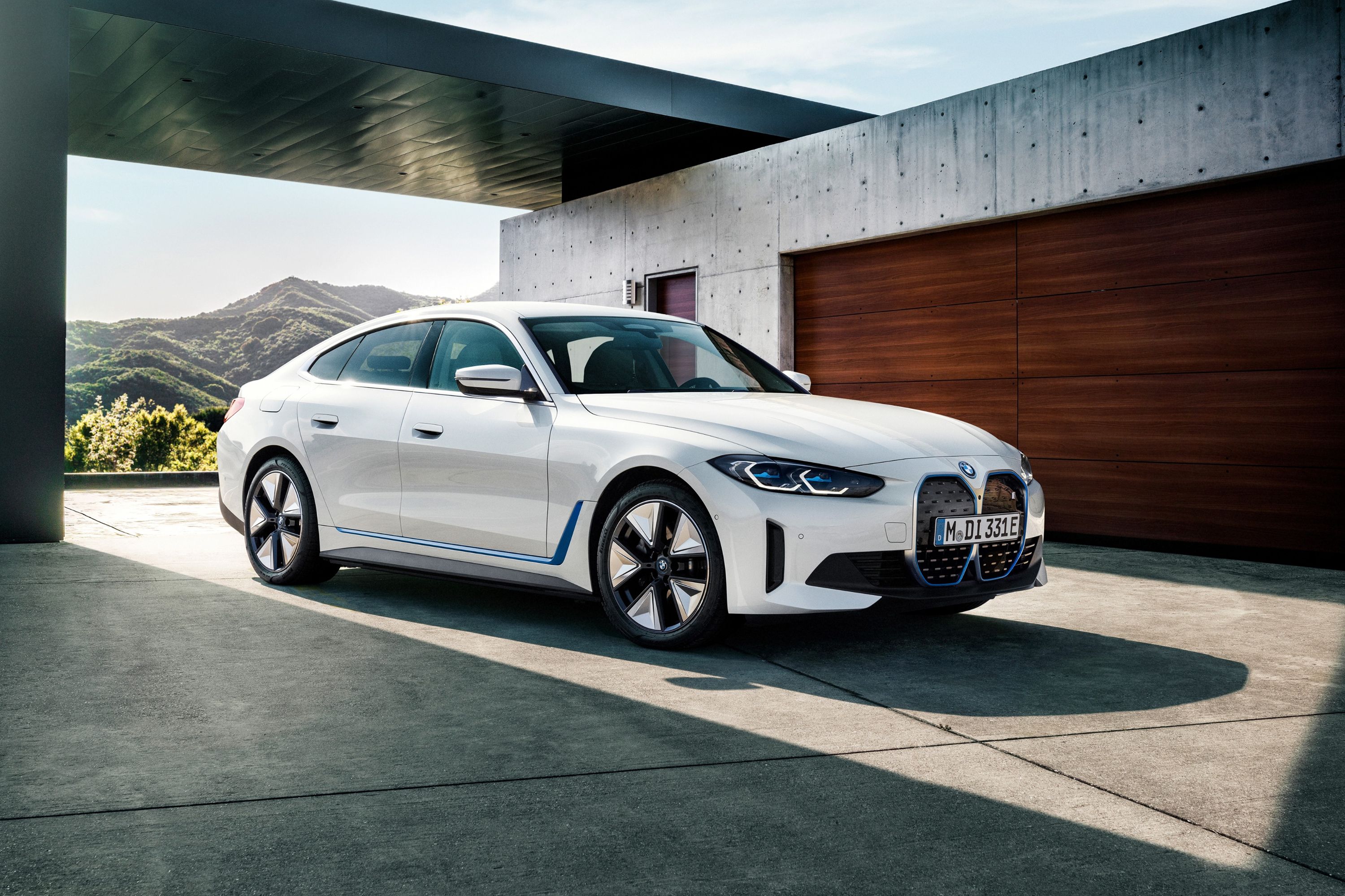
Earlier this year, we learned that BMW is building a new platform called Neue Klasse that will underpin all future models, whether they be high-riding SUVs or lower sedans and station wagons. Around the same time, BMW confirmed that it sees a future for internal combustion engines for some time still, although it is committed to electrification. BMW has also said that it will make its cars even more environmentally friendly in its use of materials and will be working towards industrializing solid-state batteries. The plans that the automaker has for the future are big, so it's only fitting that the company's CEO, Oliver Zipse, explains what to expect.
Speaking with Car Magazine in the UK, Zipse says that, between 2025 and 2035, BMW will build many cars from the Neue Klasse architecture. The goal is to create "a perfect electrically driven car", and Zipse recognizes the challenges in making an AWD EV handle well. But EVs are not the sole application for the new platform.
"At a later point in time, you might put another type of engine, combustion, on the front axle. The architecture is still BEV-centric. It will give you the absolute best electrical driving performance like any pure electric platform; there is no contradiction at all."
This will also help keep costs down in the same vein as the current BMW i4 EV and regular 4 Series, for example, which are built on the same line in Munich.
The Neue Klasse architecture will be created in two versions, with the 'high' version destined for bigger SUVs like the iX3's eventual replacement while the 'low' version will underpin sedans and wagons. This means that there will be some overlap with the 3 Series, which is due to have its current G20 generation replaced in 2025 with the next-generation model. As a result, it will launch around the same time that Neue Klasse cars debut.
"There's a time when you might have two offerings in that segment," says Zipse. "When you make the decision to go on to only one architecture, you must look at the market volumes on a global scale. In some fully electric markets that might work. Globally, serving 140 markets, you might come to a different conclusion."
What this means is that the market will dictate BMW's direction. As EVs get more popular in one region, gasoline-powered models may be phased out, while other regions that are slower to adapt may still retain access to fossil fuel-powered Bimmers.
Along with clever platforms that promise fantastic handling and excellent modularity, BMW is also doubling down on sustainability, forensically examining every element of a car to maximize the use of secondary (recycled) materials like steel, plastic, and aluminum. Furthermore, BMW is working to ensure that these materials can be more easily processed when a car reaches the end of its life. From the design phase, the focus is on sustainability and making more components like car seats from a single substance to make reuse easier.
Finally, BMW again promises to continue testing solid-state batteries for high-performance EVs and will bring autonomous vehicles to market just as soon as regulations allow for them. Regular batteries will be enhanced too, with more recycled material, less use of rare earth materials, and better energy density and charging times.
BMW wants to have 10 million full EVs on the road by around 2030 and aims to reduce CO2 emissions over a vehicle's life cycle by one-third. The Neue Klasse platform is the nucleus of the plan, adding up to what BMW calls its Brave New World. Exciting times indeed.
